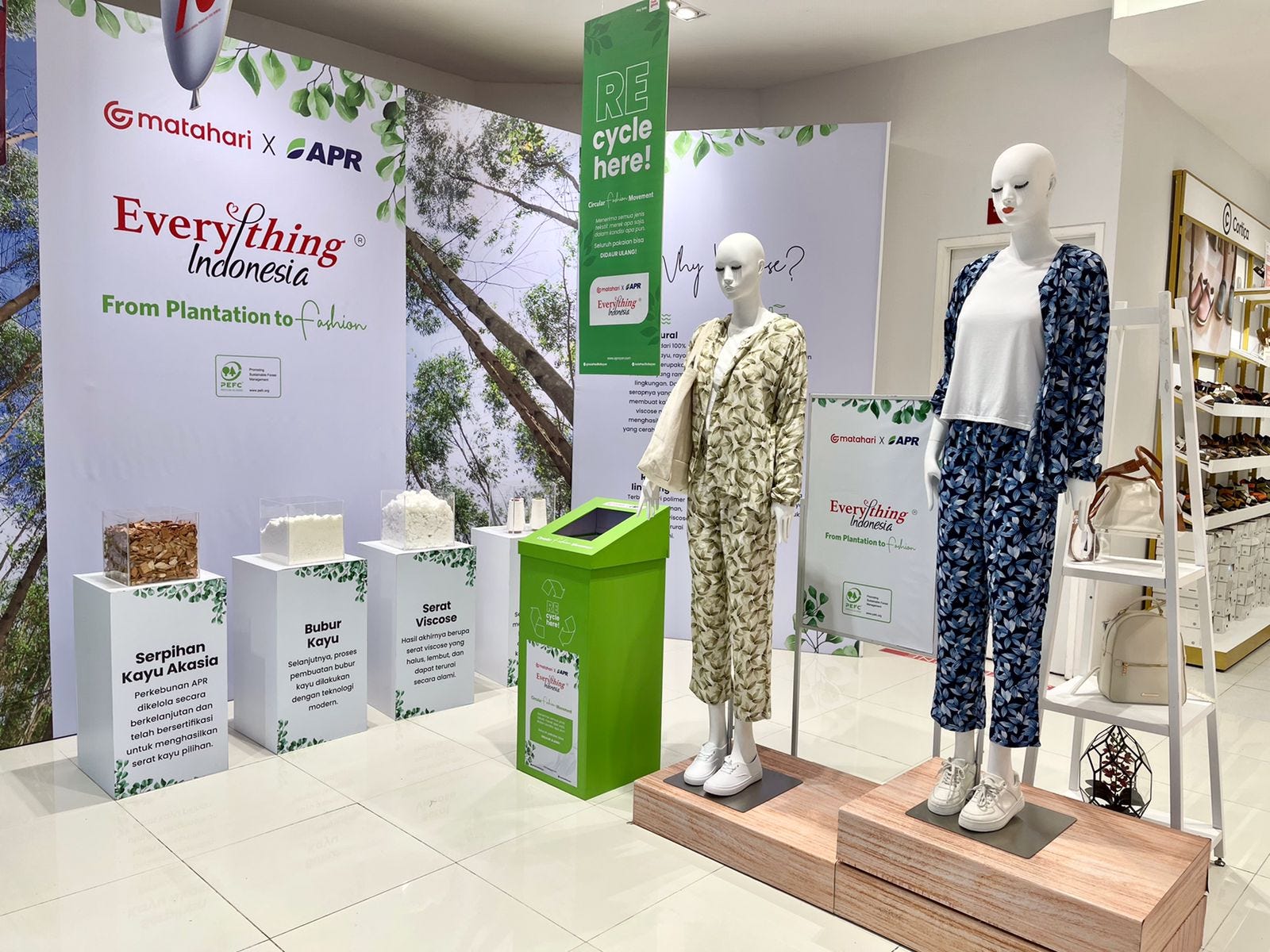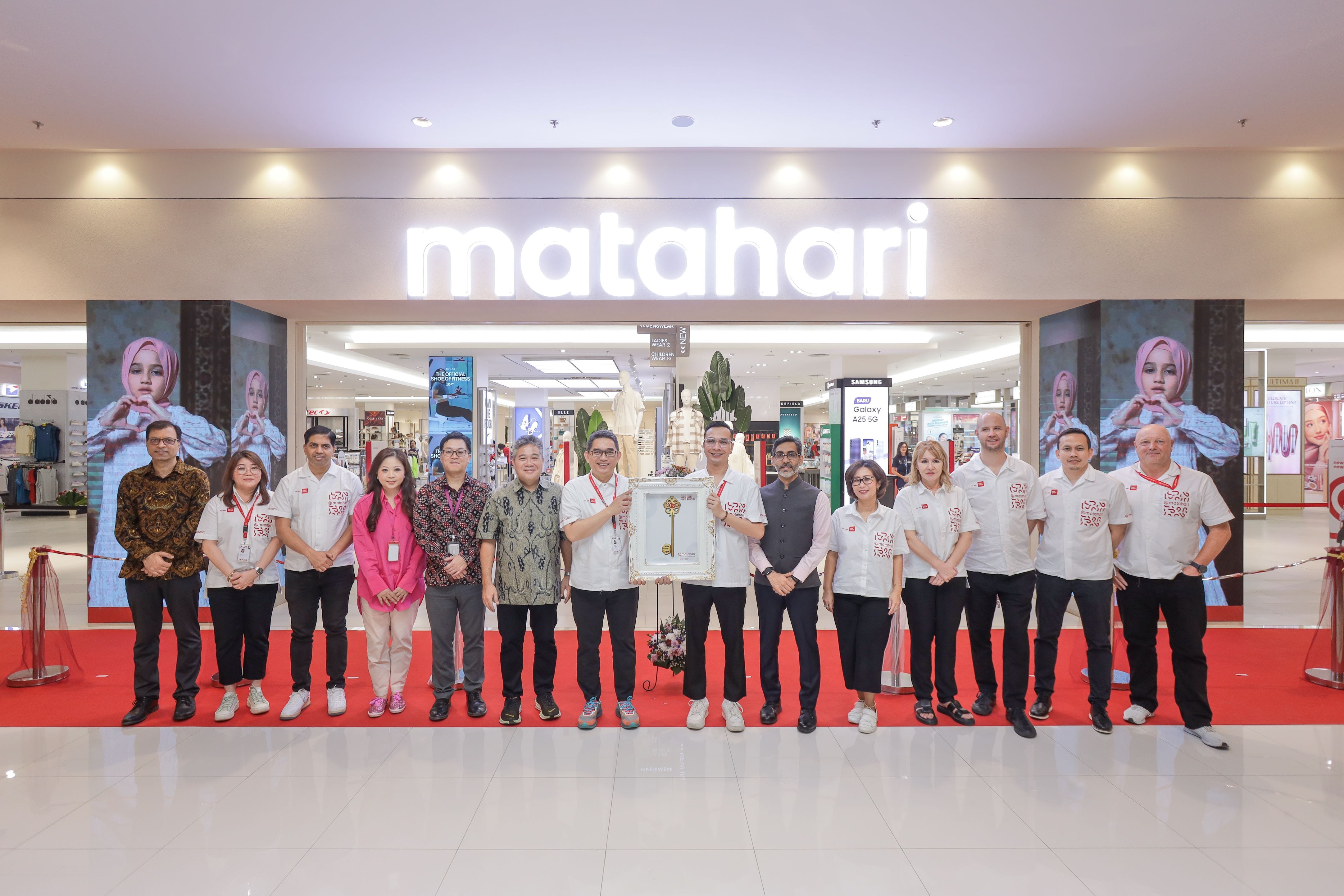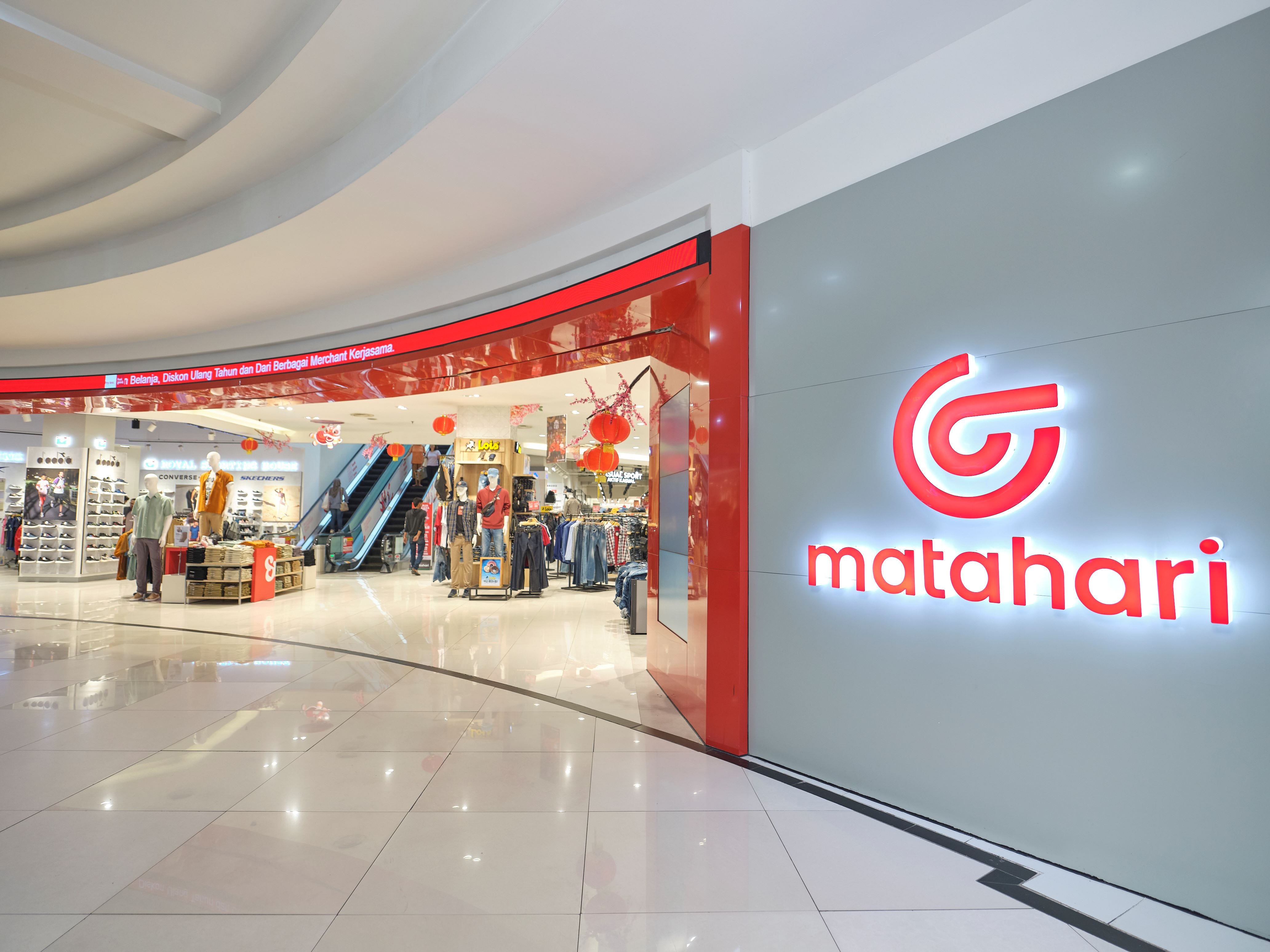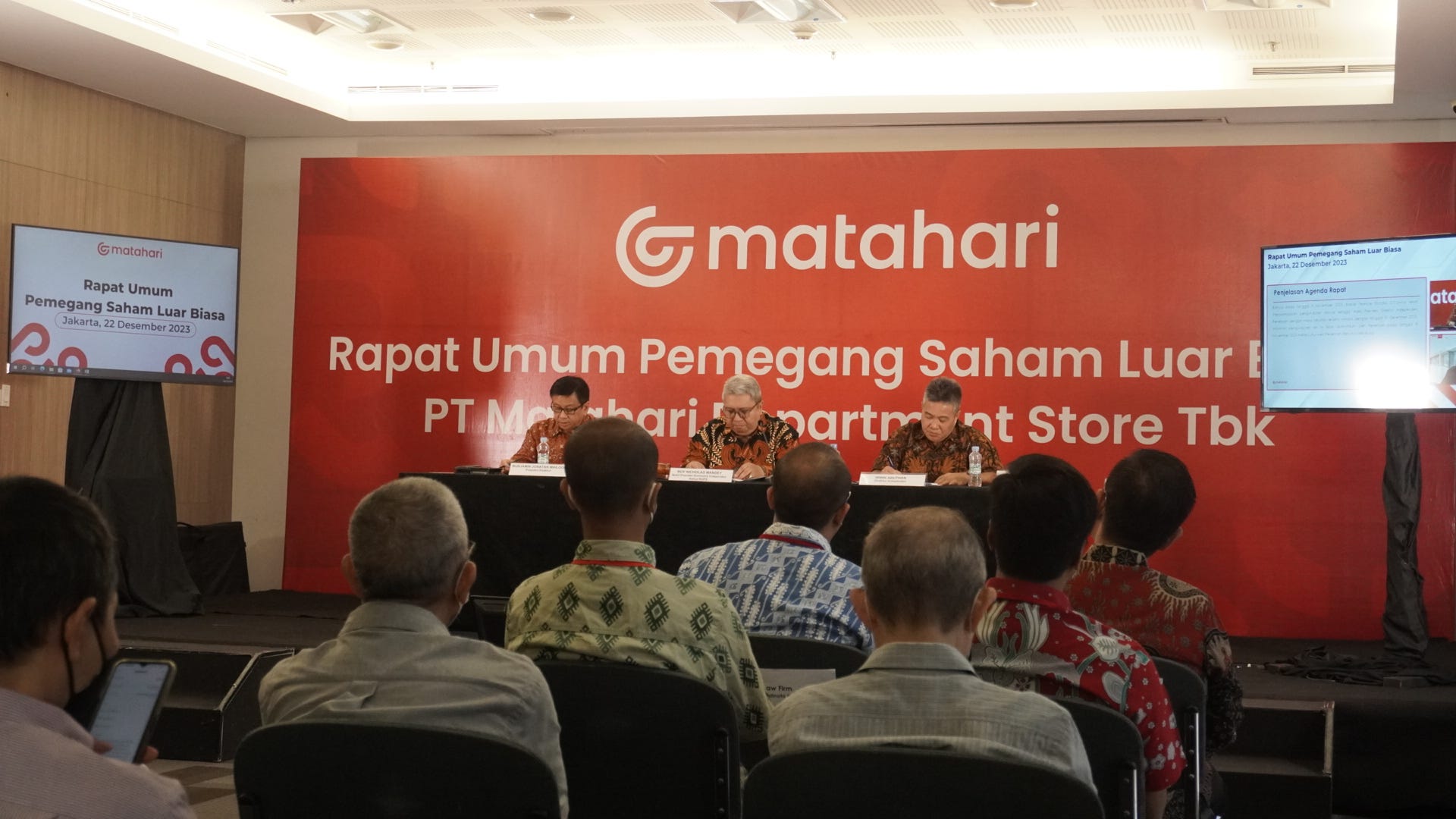- 'Daur Ulang Bajumu' program boxes are available at 46 Matahari outlets located across Greater Jakarta, Medan, Surabaya, and Bandung
- Former clothing transformed into viscose material and fabric-based household products
As a commitment to contributing to the reduction of fashion waste in Indonesia, Matahari ('Company'; stock code: 'LPPF') launched the collaborative 'Daur Ulang Bajumu' program with APR (Asia Pacific Rayon). APR is Indonesia’s producer of viscose rayon with a commitment to using recycled materials up to 20% in its rayon fiber production by 2030.
As a leading fashion, footwear, beauty, and lifestyle retail company in Indonesia, Matahari is taking a proactive approach to help consumers recycle their unused clothing through the "Daur Ulang Bajumu" program where we provide clothing recycling bins at Matahari stores, making it easy for our customers to participate.
Here's how it works: customers can bring their old clothing to any Matahari store, drop them into the provided Drop Boxes, and, From September 1, 2023, to November 30, 2023, customers who deposit their old clothes into the Drop Box will receive a Matahari shopping voucher in the form of a 25% discount that can be redeemed for regular-priced products at Matahari. Currently, "Daur Ulang Bajumu" drop boxes are available in 46 Matahari stores across Greater Jakarta, Medan, Surabaya, Bandung, with more locations to follow.
APR will initially sort through the collected clothing items, recycling materials that meet specific quality criteria to produce similar quality fibers suitable for clothing production. Meanwhile, other fabric-based materials will be recycled by APR's designated partners for use in textile products like cleaning cloths, travel mats, doormats, and various household items.
'Daur Ulang Bajumu' program aligns with APR's sustainability commitment as part of APR2030, in which they pledge to use 20% recycled textile materials in their rayon fiber products by 2030. The collaboration between Matahari and APR aligns perfectly with the sustainability commitments of both companies to supporting sustainable fashion, where Matahari is dedicated to responsibly utilizing natural resources, while APR is committed to minimizing waste and promoting circularity.
Terry O’Connor, CEO of Matahari, expressed, "We are proud to announce our collaboration with APR (Asia Pacific Rayon) for the 'Daur Ulang Bajumu' program. As a prominent player in the fashion and textile industry, this step is crucial in reducing fashion waste in Indonesia and aligns with our company's sustainability efforts to contribute to a circular and environmentally friendly fashion industry. We hope that our partnership with APR, a leading producer of viscose rayon, will further complement Matahari's commitment to sustainability.”
Aligned with Matahari, APR envisions the ongoing collaboration with Matahari as a means to continually support and bring to fruition a more circular and sustainable textile and fashion industry. "We regard Matahari as the largest fashion retail company in Indonesia, sharing our commitment and vision for sustainability. Through this partnership, our aspiration is to collectively shape a more circular and sustainable fashion industry.” expressed Basrie Kamba, President Director of APR.
The clothing recycling program with APR was initially piloted in November 2022. In its initial phase, the program focused on the Denim Trade-In for the Nevada brand, conducted at three Matahari stores. It received a positive response from the public, especially from consumers in major cities.
Recycling clothing is just one of many sustainable initiatives undertaken by Matahari. Previously, the company initiated efforts to reduce plastic waste by offering paper bags, cassava bags, or reusable bags as shopping bag alternatives. Additionally, the company also have introduced clothing collections made from a blend of recycled plastic bottle waste.
Matahari and APR invite all consumers to participate in this program, helping reduce fashion waste and contributing to a more sustainable future for our planet.




